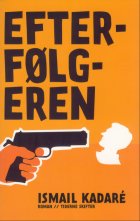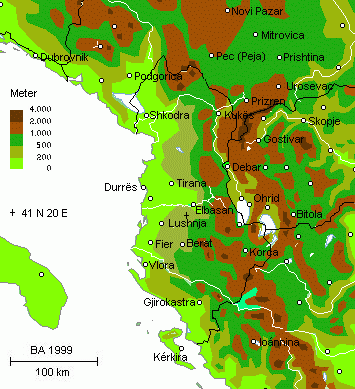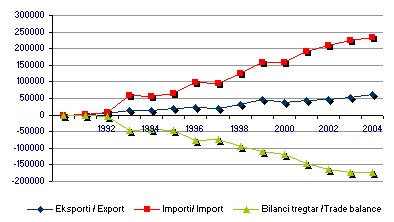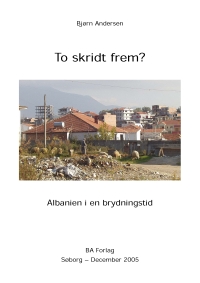Sidste Nyt fra Albanien, Kosóva og Makedonien
The Latest News from Albania, Kosóva and Macedonia
![]()
# 319 - 8' årgang - 06.10.2006
Version 1.1 •
PDF for printing •
Info om »Sidste Nyt« •
Tidligere numre
Udgiver:
Bjørn Andersen
Publisher:
Bjoern Andersen

Forlaget »Tiderne Skifter« har udgivet Ismail Kadaré's »Efterfølgeren«, der handler om Mehmet Shehu's død for ca. 25 år siden.
Shehu var Premierminister, men kom - formodes det - uoverens med den reelle leder af Albanien, Enver Hoxha, der (så vidt man kan formode) lod ham myrde.















